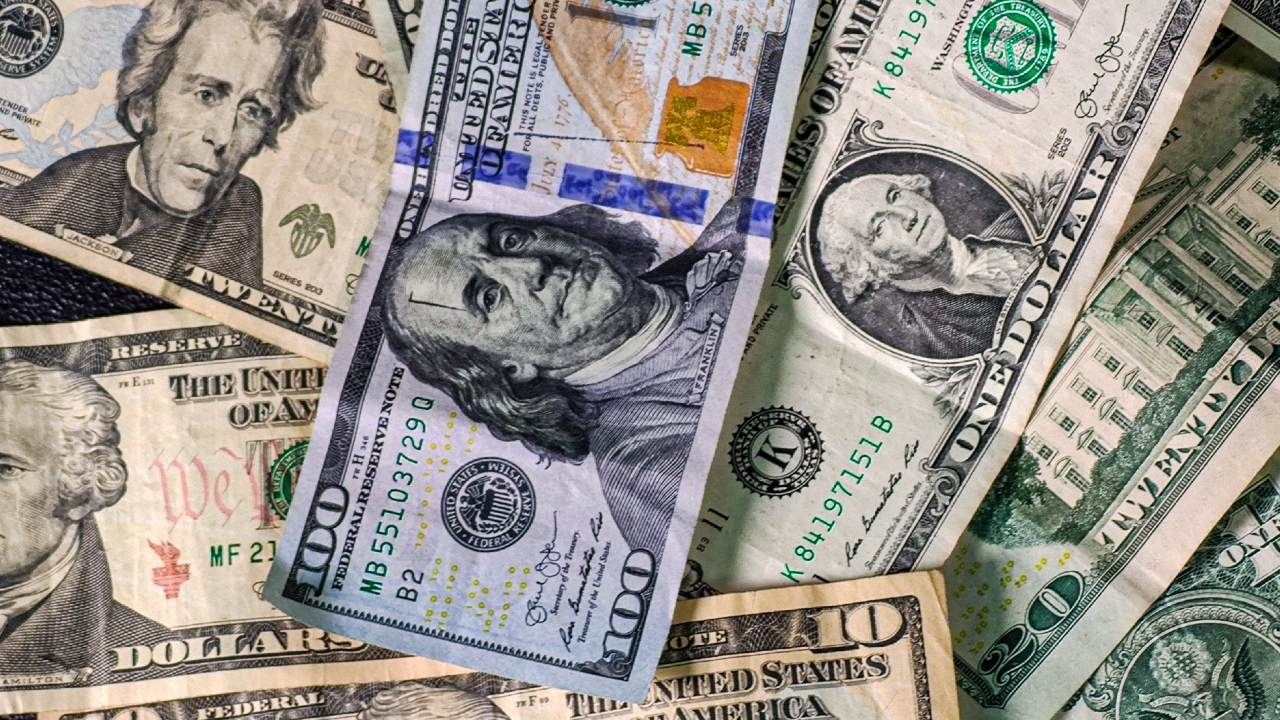The Congress of El Salvador approved this Tuesday, at the request of President Nayib Bukele, a criminal reform to punish the dissemination of gang messages in the media with up to 15 years in prison.
The reform applies to those who “reproduce and transmit messages or communications originating or allegedly originating from said criminal groups that could generate anxiety and panic in the general population,” said the text, which establishes penalties of 10 to 15 years in prison.
It is also directed against those who “mark” their territories with acronyms, a practice that gang members use to intimidate and threaten with death those who report them to the authorities.
“When the Germans wanted to eradicate Nazism, they prohibited by law all Nazi symbology, as well as messages, apologies and everything that was aimed at promoting Nazism (…) Now we will do that with the gangs,” Bukele justified in your Twitter account.
The penal reform, approved with 63 votes of deputies allied to the ruler of 84 of the unicameral Congress, comes after El Salvador registered 87 homicides from March 25 to 27.
The government attributes what happened to the Mara Salvatrucha (MS-13) and Barrio 18 gangs, which, among others, have some 70,000 members in El Salvador.
Since then, a state of exception has been in force in the Central American country to deal with a wave of violence generated by gangs. In ten days, some 6,000 gang members have been arrested, according to the latest official balance.
The deputy of the ruling New Ideas party, Marcela Pineda, pointed out that the approval of the reform seeks “not to restrict freedom of expression”, but to force “to be responsible in the messages that are disseminated to the population.”
Reform “gag”
The Association of Journalists of El Salvador (APES) immediately issued a statement expressing its “concern” at a “clear attempt at censorship.”
The “gag” reform, as APES described it, “threatens with jail the media and journalists who report on a reality that the current administration” of Bukele “seeks to hide.”
It is a “new tool to criminalize journalistic work,” the text added.
Shortly after the approval of Congress, the Special Rapporteur for Freedom of Expression of the Inter-American Commission on Human Rights (IACHR), Pedro Vaca, wrote on Twitter that “the limits to freedom of expression cannot depend on the political anxiety of A situation”.
“In a crisis, human rights standards are much more demanding,” he said, without explicitly mentioning the recently disclosed measure.
The reform is added to a series of changes to the Salvadoran criminal code approved by Congress, under the control of the ruling party, to deal with criminal gangs, considered “terrorists.”
On March 30, Congress approved a reform to increase the maximum sentence for gang membership from 9 to 45 years in prison, and established that minors who have reached the age of 16 and commit a crime while being part of a gang will receive a prison sentence of up to 20 years, among other penal reforms.
The office of the UN High Commissioner for Human Rights has expressed concern about the Salvadoran government’s handling of the wave of national violence, pointing to alleged “cruel treatment” against imprisoned gang members.
“We are deeply concerned about the series of measures recently introduced in El Salvador in response to the increase in gang killings,” said the High Commissioner’s spokeswoman, Liz Throssell, in a press release released in Geneva.
El Salvador closed 2021 with a homicide rate of 18 deaths per 100,000 inhabitants, according to official data.



